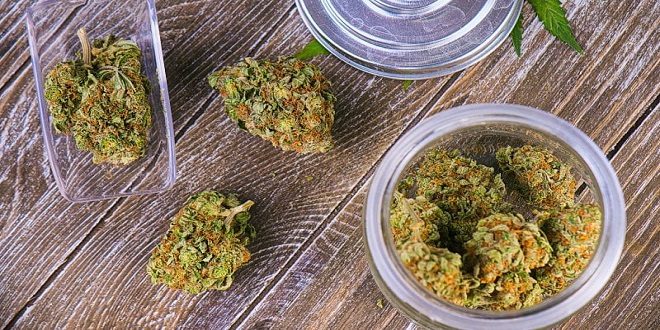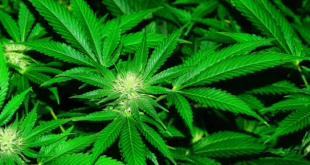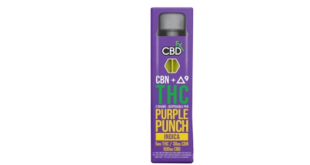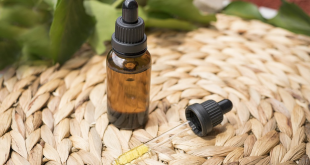A survey of medical marijuana patients found that 51% of respondents use delta-8 THC products to treat a variety of conditions, including anxiety, stress, depression, bipolar disorder, and chronic pain. However, 78% of respondents had not told their primary care physician that they used delta-8-THC. This is partly due to a lack of confidence in their physician’s ability to integrate medical cannabis into their care. Participants also reported a lack of knowledge about effective dosages. Many, however, rely on internet sources for information.
Legality
While there is currently no federal law banning the use of Delta-8 THC, it is illegal in many states. This ban is in place to protect consumers from the potentially harmful effects of the drug. Additionally, many states have passed legislation banning the sale of certain products derived from marijuana. Although these bans vary from state to state, there are some states that have stricter rules.
One state, California, has not yet ruled on the legality of delta-8 THC. Despite this, the FDA has not yet evaluated the substance. The reason is that the FDA does not have enough information to determine its safety and effectiveness. Moreover, there are concerns about the purity of delta-8 THC and the risk of adverse effects.
Despite these concerns, Delta-8 THC can produce a psychoactive effect similar to those of traditional marijuana. It may be an effective alternative for people suffering from chronic pain. In addition, it can make them feel more energetic and less tired. It may also alleviate symptoms of chronic inflammation. It may even help people who are suffering from anxiety and depression.
The legality of delta 8 THC was recently clarified with the passage of the 2018 Farm Bill. Since hemp does not contain Delta-9 THC, it does not fall under the definition of marijuana under the Controlled Substance Act. This allows for the widespread use of cannabinoids, such as Delta-8 THC.
Legality of Delta-8 THC varies from state to state. Some have banned it, while others have legalized it for medical use. Other states are in the process of making regulations for delta-8 THC.
Effects
Delta-8 tetrahydrocannabinol is found in cannabis products. Its psychoactive effects have led to a number of adverse effects, such as altered perception and nausea. Although it is unlikely to cause hallucinations, delta-8 products can produce feelings of being drowsy, paranoid, or losing control of your body. The FDA has not yet approved any delta-8 product for human consumption.
The effects of delta-8 THC can be severe at first, but they will subside as you begin to feel better. It can take anywhere from two to twelve hours for you to return to normal. If you have any serious side effects, call Poison Control, or go to the emergency room. While it’s unlikely that delta-8 THC will cause death from overdose, it is essential to be aware of the dangers associated with this compound.
Drink plenty of water. Water has a calming effect on the body. It can also be helpful for anxiety. Drinking plenty of water will keep your body from absorbing too much THC. In addition to water, consuming lemons will help reduce the effects of delta 8 THC.
The most popular topic phrases for discussions about Delta-8 THC include the products that contain it, the safety of these products, the Farm Bill, and user experiences. The top ten topic phrases are listed in Table 1 below. The top posts for each phrase are divided into four categories: (1) products containing delta-8 THC; (2) products containing delta-8 THC; and (3) other posts relating to the topic.
Delta-8 THC is similar to delta-9 THC in providing relaxation and pain relief. However, it produces fewer cognitive distortions and is less likely to result in the feeling of euphoria. Additionally, delta-8 THC users have reported less paranoia, anxiety, and distress.
Adverse effects
One of the side effects of delta 8 THC is a temporary dry mouth. To treat this side effect, increase your water intake. While dry mouth is not a sign of dehydration, it does result from the effect delta 8 has on the salivary glands. Another possible side effect of delta 8 is dry eyes. The lack of moisture in the eyes can make them uncomfortable and red. Using moisturizing eye drops can help to reduce these side effects.
Users of delta-8-THC generally reported feelings of euphoria, relaxation, and pain relief. They also reported minor cognitive distortions and difficulty concentrating. However, they reported no paranoia or anxiety. Some participants also reported that delta-8 THC had a more balanced effect on their mental health compared to delta-9 THC.
Although delta-8 THC products are available at dispensaries, the FDA is concerned about the marketing of these products to children. According to the CDC, delta-8 can cause severe mental or physical health problems, and some states have banned the sale of these products. The FDA has also issued warnings regarding these products.
In order to examine the adverse effects of delta-8 THC, researchers compared the effects of delta-8 THC and delta-9 THC in people of different ages and genders. They also compared the duration of the effects. The study controlled for age, gender, and educational level.
Despite these warnings, the risks associated with delta-8 are still unknown. However, the product’s lack of regulation likely contributes to the increased risk of adverse effects. As a result, it is important to research any potential side effects before using delta-8 THC products.
Clinical trials
Delta-8 tetrahydrocannabinol (THC) is a psychoactive cannabinoid. It is used for medicinal and recreational purposes. However, it is also illegal in some states. There are a few studies in the literature that have weighed the benefits and risks of delta-8 THC.
Delta-8 THC is two-thirds as potent as delta-9 THC. In a clinical trial, six pediatric patients were treated with delta-8-THC before chemotherapy. The study concluded that delta-8-THC was less likely to cause anxiety in children than delta-9 THC and was more stable. This means that it may be a safer alternative for patients. It is also less costly than delta-9 THC.
Although there is a lack of evidence, the research suggests that Delta-8 may be an effective alternative to pharmaceutical drugs. The researchers used one-sample t tests to assess how delta-8 THC affects different patients, and they calculated descriptive statistics for each outcome. These results may help guide future research questions.
Delta-8 THC is also effective in treating inflammation and pain. One study found that it reduced corneal pain and inflammation in an experimental mouse model. It also reduced tumor size and prolonged survival. In other trials, delta-8 THC has been shown to be effective in fighting cancer. The results of the studies indicate that it may help patients with a variety of diseases.
Delta-8-THC has similar effects to delta-9-THC but differs from delta-9 by one double bond. It is still in its infancy and needs more studies. This new research could help policymakers and consumers understand the benefits of delta-8-THC.
Potential
There are numerous claims made about delta-8-THC, but very little research has been done on this controversial substance. The largest study on delta-8 users was published in two papers in the peer-reviewed Journal of Cannabis Research and Cannabis and Cannabinoid Research, the premier journals in the field. The study is preliminary, and it does not prove whether delta-8-THC is a good option for medical purposes.
Delta-8 THC products are derived from cannabis plants and contain a milder “high” than their delta-9 and delta-10 counterparts. They may contain additional unknown compounds, but the effects are less intense. Delta-8 products may take up to 90 minutes to take effect, so it is important to start out low.
Delta-8 THC is often referred to as the “chillest” cannabinoid. Studies have shown that the substance can reduce the pain caused by migraines, arthritis, and menstrual cramps. It is also effective for reducing bruising and swelling. However, some experts worry that its use could have side effects.
Some studies have shown that delta-8 THC has potential benefits for people suffering from cancer. The compounds have been shown to have antiemetic effects, and this property may be useful in treating cancer. People who experience low appetite may find delta-8 THC useful. In addition to reducing pain, delta-8 THC may improve appetite.
A study conducted by the U.S. government in 1977 also showed that delta-8-THC can have a variety of beneficial effects. It was found to affect behavior, reflexes, and rectal temperature changes in male mice. In addition, it reduced heart rate. However, the effects were short-lived, and a tolerance built up quickly.





